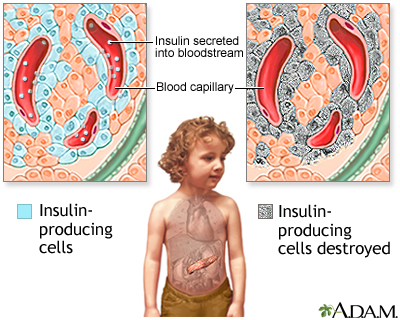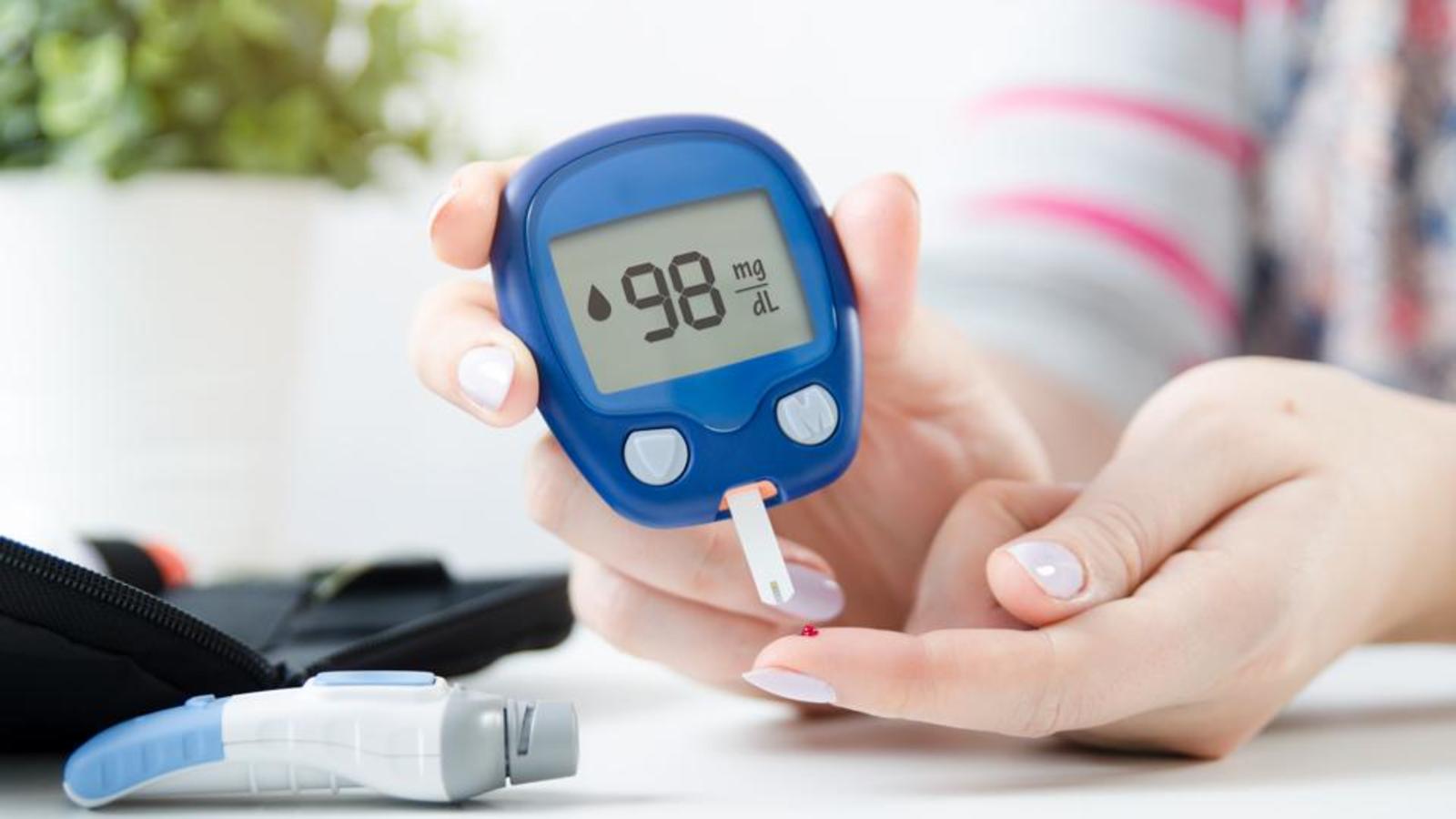Diabetes - Office on Women's Health - An Overview

Diabetes Self-Management - Diabetes Blogs, Articles and Things To Know Before You Get This
Diabetes Overview Diabetes is a variety of illness that involve problems with the hormone insulin. Typically, the pancreas (an organ behind the stomach) launches insulin to assist your body store and utilize the sugar and fat from the food you eat. Diabetes can occur when the pancreas produces very little or no insulin, or when the body does not respond appropriately to insulin.

What is Diabetes and 4 Steps to Avoid It - Cone Health

The Difference Between Type 1 and Type 2 Diabetes
People with diabetes need to handle their disease to stay healthy.

SOURCES: Cleveland Center: "Diabetes: Frequently Asked Concerns" and "What Is Diabetes?" "Diabetes: Preventing Issues," "Hyperglycemia (High Blood Sugar)."University of Michigan Health System: "Type 1 Diabetes."National Diabetes Details Clearinghouse: "Am I at Risk for Type 2 Diabetes? Taking Steps to Lower Your Danger of Getting Diabetes." Related Source Here & White Healthcare: "Urinary Frequency" and "Diabetes and Diabetic Neuropathy Hard-to-Heal Wounds."Sutter Health: "Question & Response: Is Unexpected Weight Loss an Indication of Diabetes? If So, Why?"Neithercott, T.

How much control is too much in type 1 diabetes?
What Is Diabetes? Symptoms, Causes, & Treatments - GoodRx Fundamentals Explained
University of Rochester Medical Center: "Diabetic Skin Troubles."Joslin Diabetes Center: "Diseases of the Eye" and "Diabetic Neuropathy: What You Need to Know."The Nemours Foundation: "When Blood Sugar Is Too High."Virginia Mason Medical Center: "Issues."Carolinas Health System: "Diabetes: Yeast Infections and Diabetes: What You Must Know."National Institute of Diabetes and Digestion and Kidney Diseases: "Symptoms & Causes of Gestational Diabetes."Geisinger Health: "3 factors diabetic wounds are sluggish to recover."American Diabetes Association: "Hyperosmolar Hyperglycemic Nonketotic Syndrome (HHNS)," "Hypoglycemia (Low Blood Glucose)," "Skin Issues."Diabetes Educational Services: "Diabetes Detectives-- Finding Uncommon Issues."Merck Handbook: "Hypoglycemia.".
With diabetes, your body either doesn't make adequate insulin or can't utilize it in addition to it should. Diabetes is a persistent (lasting) health condition that impacts how your body turns food into energy. Most of the food you consume is broken down into sugar (likewise called glucose) and released into your blood stream.
Insulin imitates a key to let the blood glucose into your body's cells for use as energy. If you have diabetes, your body either doesn't make sufficient insulin or can't utilize the insulin it makes in addition to it should. When there isn't enough insulin or cells stop responding to insulin, excessive blood sugar level remains in your blood stream.
